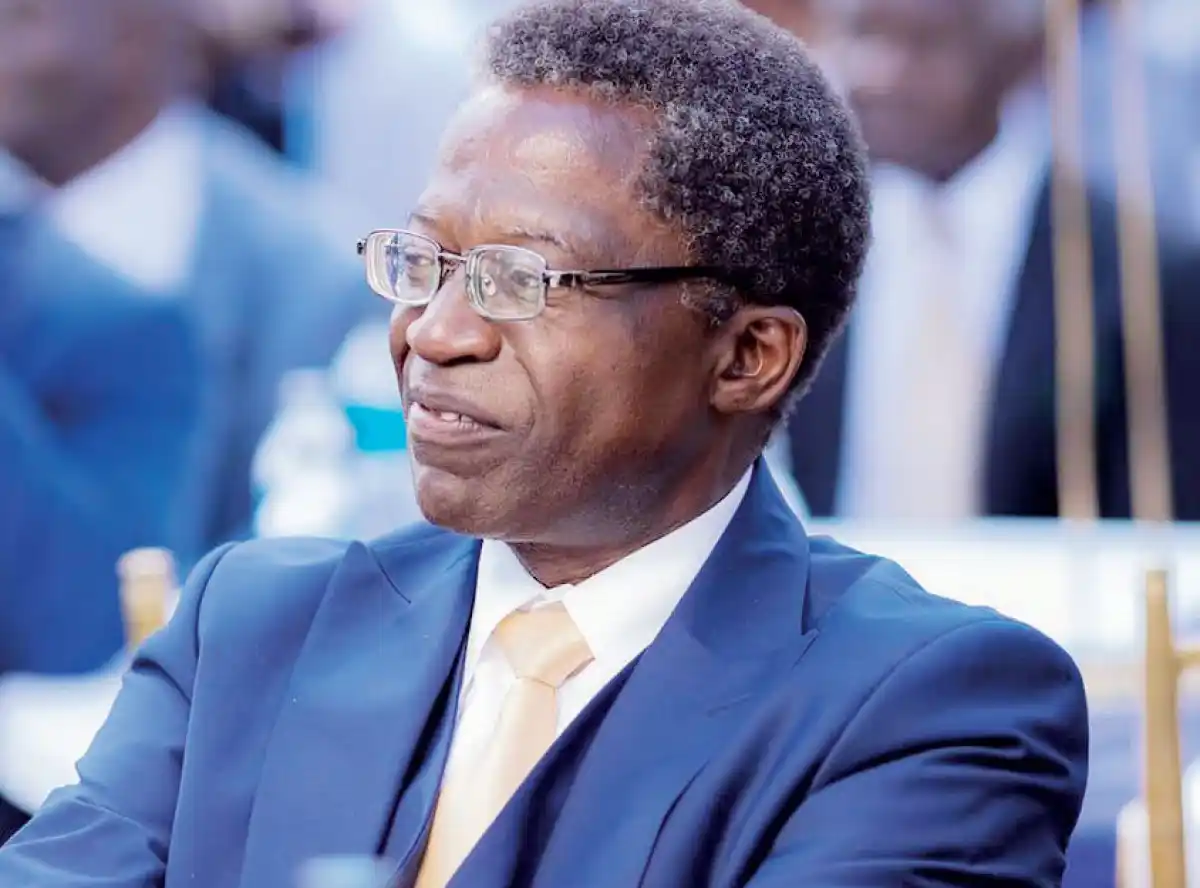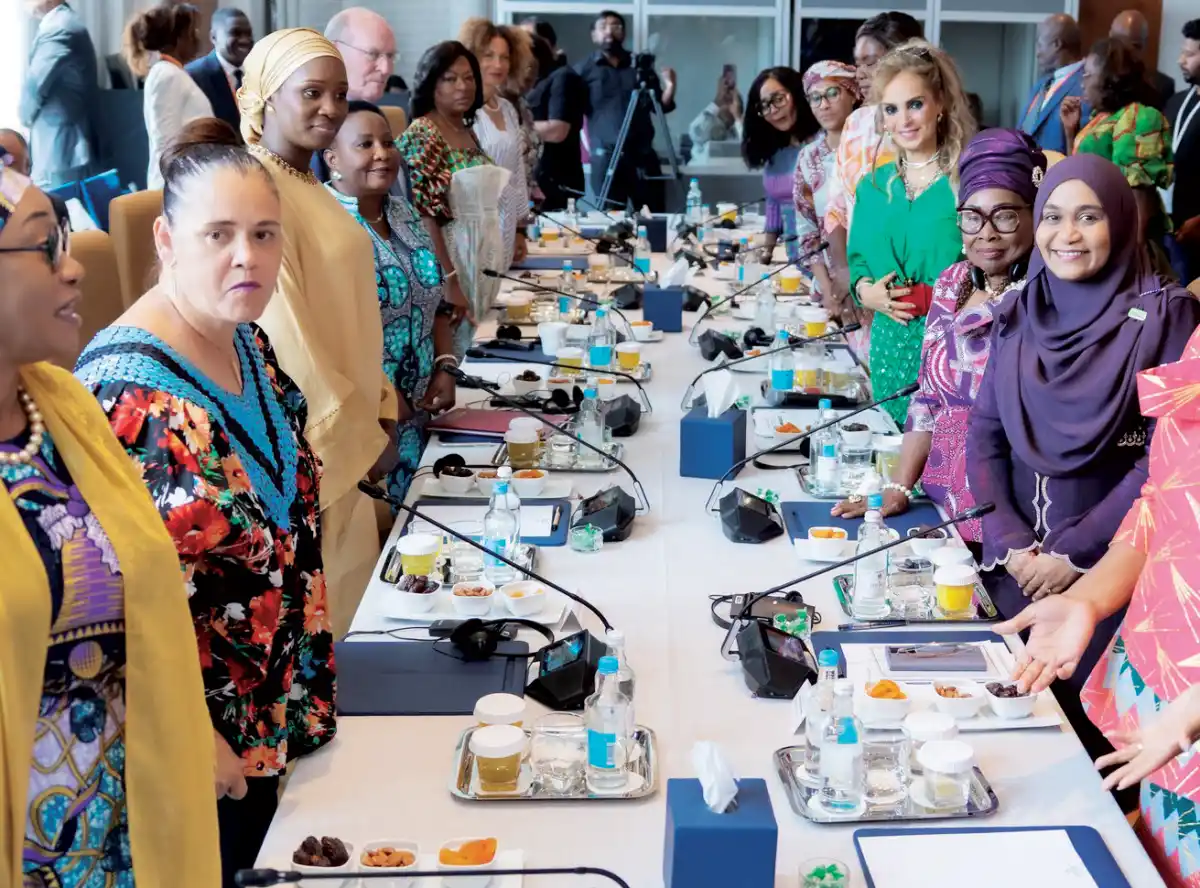
By Pemphero Malimba:
Amid troubling incidents involving harm or death in the name of religious healings and exorcisms, the Centre for Human Rights Education, Advice and Assistance (Chreaa) has renewed calls for the government to regulate practices of religious leaders in the country.
Last month, a four-year-old child, who was purportedly a prophetess in Kasungu, allegedly instructed her 40-year-old mother, Ireen Banda, to flog four children who had sickle cell anaemia and Down syndrome as a supposed cure.
Banda, who remains in police custody, is alleged to have severely beaten the children all over their bodies, leading to their deaths.
In April this year, police in Chiradzulu arrested a 74-year-old female preacher, Jessie Window, for allegedly directing members of her ministry to straighten the legs of a man with a physical disability in an attempt to heal him through “prayers”.
The man sustained injuries and was hospitalised for several days.
These incidents, among others, have ignited debate about regulating religious practices while respecting the freedom of worship.

In an interview Tuesday, Chreaa Executive Director Victor Mhango said such regulation would help alleviate the challenges some Malawians face due to the misconduct of certain religious leaders.
“Many Malawians are being deceived and some have been assaulted, harassed and even sexually abused by so-called men of God.
“We believe the government is aware of these issues; so, we are calling on it to ensure that these religious institutions are regulated,” Mhango said.
He added that many people in the country accept whatever comes from religious leaders as the true word of God.
“It is high time Malawians recognised that many of these individuals are false prophets, merely advancing their own agendas,” Mhango charged.
Evangelical Association of Malawi (EAM) General Secretary Reverend Francis Mkandawire supports these calls.
Mkandawire emphasised the need for increased dialogue between the government and religious bodies.
“Regulation is unavoidable at this point. The government must implement it.
“However, we recommend that if regulations are introduced, there must be extensive consultations with religious bodies to address the issues,” Mkandawire said.
He cautioned that failing to consult may infringe on the rights of legitimate religious groups.
“If the government introduces regulations without consultations, it may impose restrictions on religious bodies that are operating properly,” he added.

Public Affairs Committee Publicity Secretary Bishop Gilford Matonga prefers self-regulation within the religious sector.
Matonga said if all churches or institutions were affiliated with religious mother bodies, such as the Episcopal Conference of Malawi, the Malawi Council of Churches and EAM, these organisations could discipline members who act contrary to religious teachings.
“At present, people can choose whether or not to join these bodies,” Matonga said.
He also highlighted the need for a dedicated government ministry for religious affairs.
“Currently, we only have a presidential adviser on religious affairs, which is inadequate. A ministry that could formulate policies would be more effective if the policies were developed with input from the community,” Matonga said.
Minister of Information Moses Kunkuyu said the government would consider calls for the regulation of religious practices, provided it does not impact legitimate spiritual practices.
“Any criminal activity by a pastor or an ordinary person is punishable by law. If a sector, perceived as sacred, requires regulation to prevent it from evading legal scrutiny, we need to address it.
“However, if the regulation does not affect genuine spiritual practice, we should engage in that conversation,” Kunkuyu said.





0 Comments